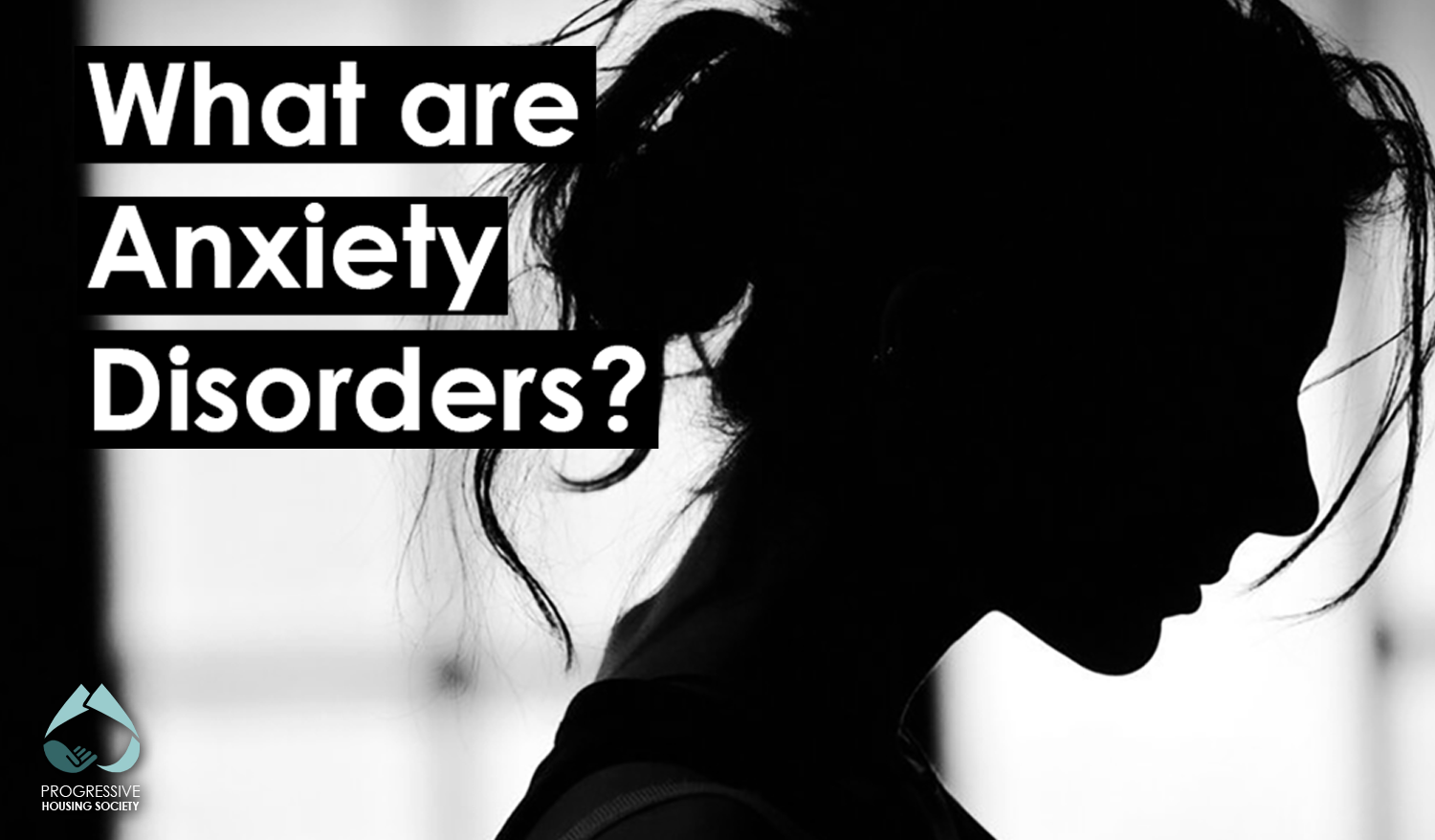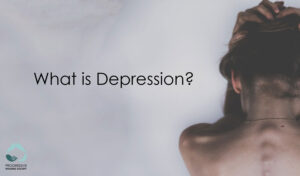What Are Anxiety Disorders?
-
by
 PHS
PHS
“Anxiety is like being randomly, brutally beaten at different points throughout the day but you don’t know when the beating will occur.” –Counselling Directory
Anxiety is a shared and relatable feeling that many of us experience during our lives. Whether it be an upcoming exam or a performance review at work, the constriction of the throat and the nervous sweating are familiar to us all. But how does this experience differ for some?
For some people, the rate and strength of their anxiety sets them apart. These people are most likely suffering from a type of anxiety disorder. Living with an anxiety disorder can be difficult for the affected person and the people around them. It can also cause impairments in important areas of functioning. But by educating ourselves about this disorder, help can be provided to those in need.
Characteristics of Anxiety Disorders
People with anxiety disorders often times experience an overwhelming sense of worry and fear about mundane situations. These feelings tend to be persistent, hard to control, and can interfere with important aspects of the person’s life. Common symptoms can include feeling restless, having a sense of impending danger, an increased heart rate, or hyperventilation.
Multiple anxiety disorders can also exist within a person. Common types of anxiety disorders that may appear together include separation anxiety disorder, agoraphobia, selective or elective mutism, generalized anxiety disorder, social anxiety disorder and more. Anxiety disorders also frequently occur with depression, which is not an anxiety disorder.
Causes and Suspicions
It is not very clear how anxiety disorders are developed in people. Causes can range from childhood trauma to the personality someone has. Triggers of anxiety is unique to the person affected. Also, the level of anxiety felt by a person can be misleading and specific to the situation. It is often difficult to tell when and where anxiety will hit, and if it’s considered a disorder.

If you believe that you suffer from an anxiety disorder, do not be afraid to approach your doctor for help. The longer you wait the worse it may get over time. Some things that indicate the need for a doctor would be overwhelming feelings that interfere with your life, inability to control feelings, depression and more. Online resources, such as the Canadian Mental Health Association, can also provide further information about the different types of anxiety disorders.
Where Can I Get Help?
There are numerous options for people seeking help for anxiety disorders. Some treatment strategies are:
- Counselling
- Medication
- Support Groups
- Self-Help Strategies
Most treatments combine a variety of strategies to help ease the symptoms. As suggested by the Canadian Mental Health Association, the application of treatment strategies should have the goal of reducing unhelpful coping strategies and replacing them with healthy, useful behaviours.
For those who know someone coping with an anxiety disorder, here are some tips provided by the Canadian Mental Health Association to help provide support:

- Remember that the illness is the problem – behaviours related to anxiety are nobody’s fault
- Be patient – learning and practicing new coping strategies takes time
- If your loved one is learning new skills, offer to help them practice
- Listen and offer support, but avoid pushing unwanted advice
- Set boundaries and seek support for yourself, if needed
- If other family members are affected by a loved one’s anxiety disorder, consider seeking family counselling
Other helpful resources that you could check out would be the Mayo Clinic, Anxiety Canada, and the Lifeline Canada Foundation.
Everyone Who Struggles with an Anxiety Disorder Can be Helped
Suffering from an anxiety disorder may seem scary and lonely. However, it is more common than you think. An estimated 3 million Canadians in 2013, aged 18 years or older, reported that they suffered from a mood and/or anxiety disorder. With a large proportion of Canadians aware of their mental health, awareness for anxiety disorders can grow and better understanding can be developed. Let’s become advocates for mental health and get the help we all deserve!
You can help other people in their battle against anxiety by supporting our programs! Our staff support those struggling with a variety of mental health concerns, including anxiety. Your donations have a direct impact and can contribute to the wellbeing of someone else. Donate today!
References
Anxiety Disorders. (n.d.). Retrieved from https://cmha.ca/documents/anxiety-disorders
Anxiety disorders. (2018, May 04). Retrieved from https://www.mayoclinic.org/diseases-conditions/anxiety/symptoms-causes/syc-20350961
Craske, M., & Stein, M. (2016). Anxiety. Lancet (London, England), 388(10063), 3048-3059.
Public Health Agency of Canada. (2015, June 03). Mood and anxiety disorders in Canada. Retrieved from https://www.canada.ca/en/public-health/services/publications/diseases-conditions/mood-anxiety-disorders-canada.html
The anxiety experience: 7 metaphors to illustrate anxiety. (2015, July 29). Retrieved June 4, 2019, from https://www.counselling-directory.org.uk/counsellor-articles/the-anxiety-experience-7-metaphors-to-illustrate-anxiety



